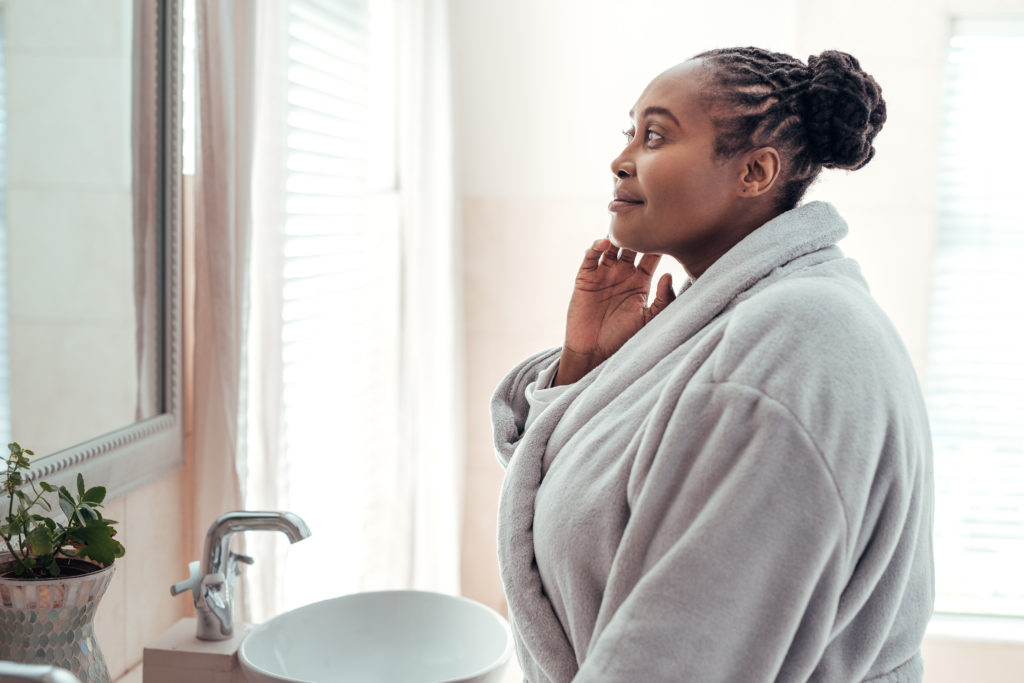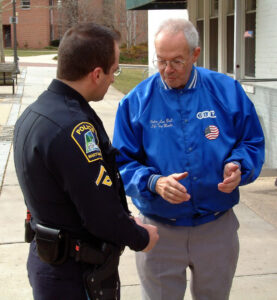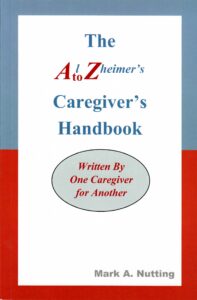I hope this blog will bring more awareness to those who can make changes within our institutions for memory care. People living with dementia may experience fear, anxiety, confusion, and disorientation. Dementia often will cause sleep disturbance. The person’s circadian rhythm may begin to reverse. It is important to the health and well-being of the individual that we encourage engaging activity during the day, exposing the person to the outdoors; and, encourage sleep at night. People living with dementia may also experience feelings of insecurity which may be heightened during sundowning.
Sundowning is a phenomenon which occurs with some people living with dementia and usually occurs end of day through the late evening. The visual cue for the end of each day is the sun going down. This decrease in daylight may trigger long-term routines, which include the end of a work day. The end of a work day for anyone denotes returning to the comfort of our home. Influences to sundowning symptoms include fatigue, boredom, and caregiver’s mood. There are known strategies and interventions to facilitate feelings of comfort. These include: increasing the lighting inside; offering quiet time for rest during mid-afternoon; providing opportunity for purposeful activity; and music therapy. I was unaware of this extraordinary approach happening in the United Kingdom.
The UK care homes are utilizing the most creative idea for promoting feelings of calm in people living with dementia. The staff working the evening shift no longer arrive to work wearing uniforms. They are wearing their pajamas. Wearing pajamas provides the residents with visual cues that it is night time and encourages a feeling of home. The care homes utilizing this policy have measurable success with improving the quality of life for people living with dementia.
“For the more restless residents, the uniform change had a positive effect in promoting sleep at night, reducing sleep deprivation, disorientation and pacing. There has also been a significant decrease in night time falls, as residents are less likely to be up at night. One resident used to get angry at night staff when they would tell him it is night, but is happier now when staff point out that they all are dressed for bed. Another resident used to be restless and pace in the early hours, but now sees staff in their pajamas and says “Sorry – is it night, have I woken you? I’ll go back to bed.” READ MORE
Staff uniforms were scrapped, and employees even wear pajamas while working night shifts to make patients feel more at home. Ros said: “We used to have situations where people would bang on doors to get out. They didn’t understand why they were there, felt institutionalized and were looking for home, for security. “When we took away the ‘us and them’ those behaviors stopped. We’re now a lot of happy people, there’s laughing and joking and banter with staff. “We have less hospital admissions now, fewer falls, overall better well-being – you can feel when people are happier, it’s tangible.” READ MORE







